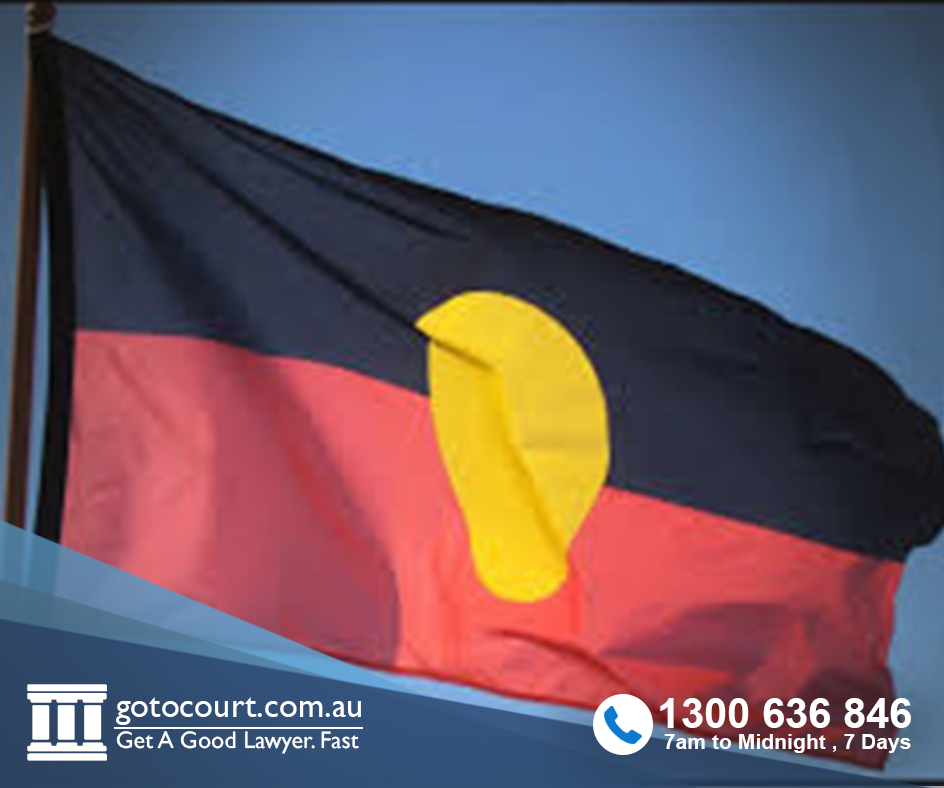Criminal Matters in the Children’s Court (Vic)
The Children’s Court of Victoria deals with child protection matters, criminal matters, intervention orders and infringements and fines. The criminal division of the children’s court deals with charges against young people who were aged between 10 and 17 at the time of the offence. Young people who are under 10 cannot be charged with criminal offences in Victoria.
Which offences can the Children’s Court deal with?
The Children’s Court can deal with all offences except very serious ones. The offences which cannot be dealt with in the Children’s court are:
- Murder
- Attempted murder
- Manslaughter
- Arson causing death
- Culpable driving causing death
- Child homicide
- Defensive homicide
The Children’s Court conducts committal proceedings in relation to the above offences when the defendant is under 18, but these matters must be committed to a higher court for finalisation.
Do young people have legal capacity?
A person between the ages of 10 and 14 is presumed not to have legal capacity. This principle is known as doli incapax. If a child in this age bracket is charged with a criminal offence, the prosecution must adduce evidence to establish that he or she knew the offending behaviour was wrong. If this can be established, the presumption is overcome and the child can be found guilty.
Youth diversion
The Victorian Department of Health and Human Services operates a Children’s Court Youth Diversion Service in all Children’s Courts across Victoria. Diversion provides eligible children the opportunity to reflect on their offending, address its underlying causes and have the criminal charge dismissed upon completion of a diversion activity. The diversion program allows children who have made a mistake the opportunity to learn from it and avoid the stigma of a criminal record and the impact of a criminal penalty and conviction on their future.
Diversion is usually offered to children charged with minor offences who have little or no previous criminal history. Diversion orders are tailored to the young person’s circumstances. A program co-ordinator attends all sittings of the Criminal Division of the Children’s Court to conduct assessments of young people referred by the magistrate, advise the court on a young person’s suitability and report back to the court on a young person’s compliance with the requirements of their diversion program.
Sentencing
The criminal division of the Children’s Court is governed by the Children, Youth and Families Act 2005. Under that act, the primary consideration in sentencing a young person, is the young person’s rehabilitation. Other sentencing considerations such as deterrence and retribution are given less importance in the children’s court than they receive in the adult courts.
Deferral of sentencing
Under Section 414 of the act, if the court thinks it is in the interests of the child for sentencing to be deferred for a period of up to four months and the child agrees to this, the court can adjourn the matter and defer sentencing.
Appeals from the Children’s Court
Parties to Children’s Court matters can appeal against a decision to the County Court or to the Supreme Court. An appeal must be lodged within 30 days of the court decision. If a party seeks to file an appeal after 30 days or more have elapsed, leave to appeal out of time must be obtained from the County Court or Supreme Court.
Intervention orders
An application for an intervention order can be heard in the Children’s Court if either the affected person or the respondent is aged under 18. An intervention order application can also be heard in the children’s court where both parties are adults, if there is a related child protection matter before the court.
If you require legal advice or assistance in relation to a children’s matter or any other legal matter, please contact Go To Court Lawyers.








